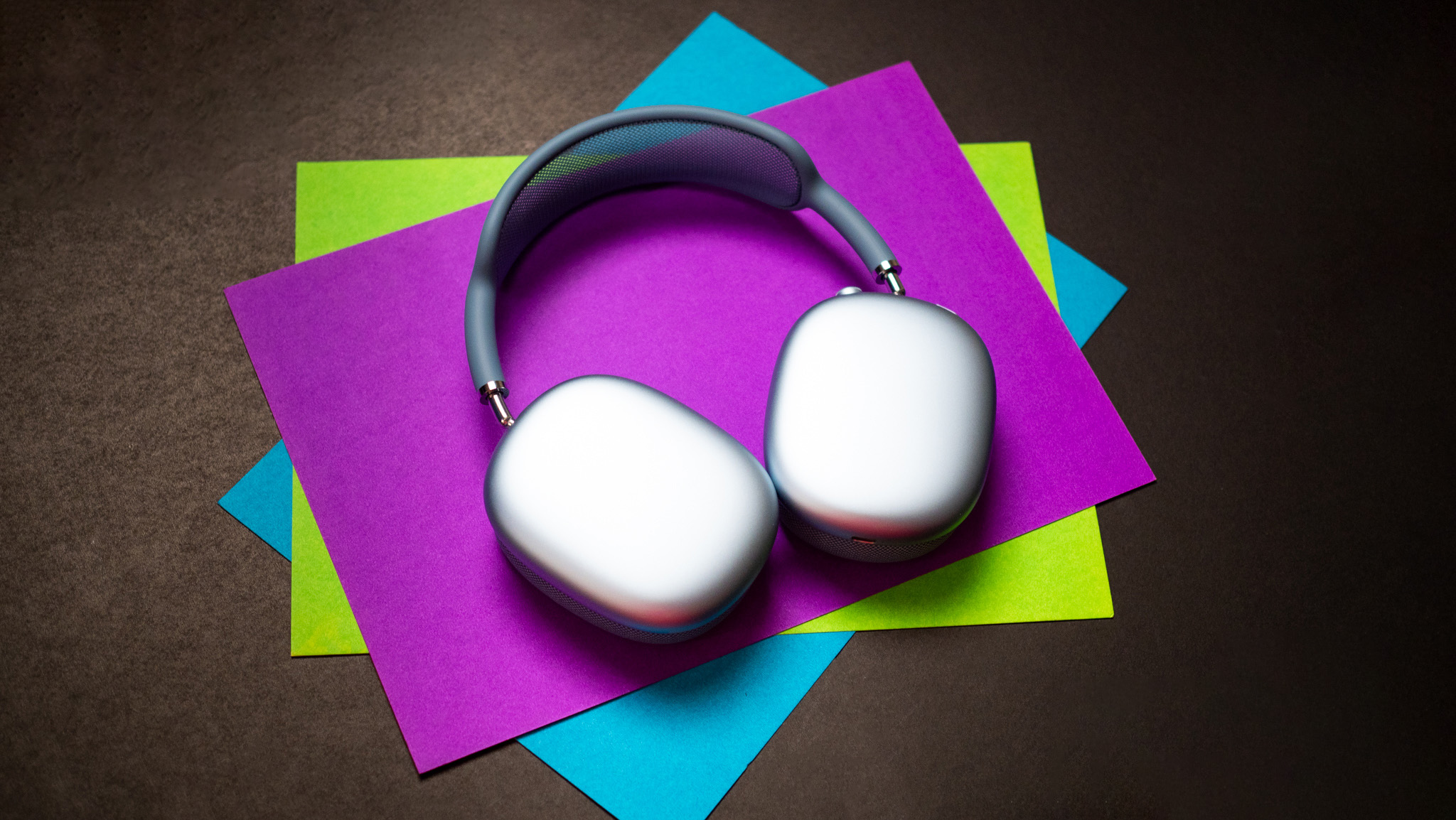aptX vs. aptX HD: What's the difference?
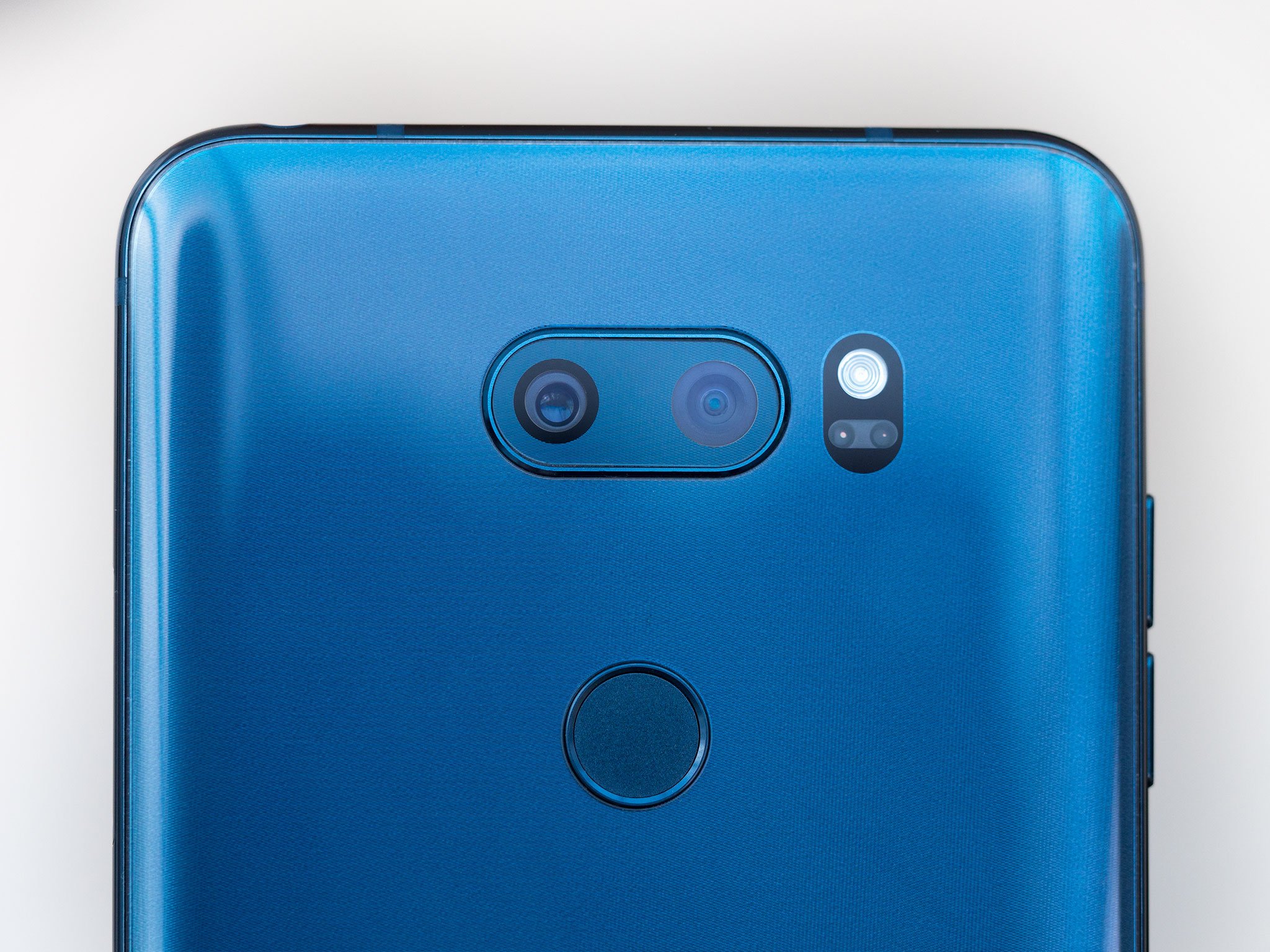
Whenever you read anything about Bluetooth, you'll come across plenty of letters and numbers and other cryptic specs. One of the latest on these is aptX HD, which takes a previously cryptic specification and adds HD on the end. We all know HD means "High Definition", but what about the aptX part? And what makes aptX (which is also a high-definition specification) different from aptX HD?
Don't worry if you aren't quite sure of the answer because you're not alone. And we're about to go through the details so we can figure it out together.
What is aptX?
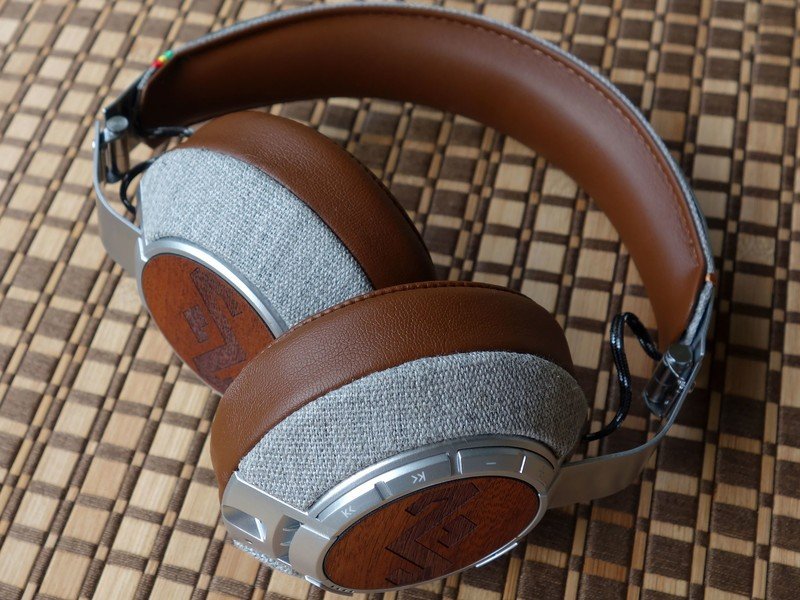
aptX is a Bluetooth audio codec that can transmit 16-bit/44.1kHz audio with a compression ratio of 4:1 at 352kpbs.
That's not very helpful, but it's what you would find if you dug up the specifications for aptX. What it means is that a device — your phone, your computer, your A/V receiver or just about anything else that can send Bluetooth audio — transmits audio with "CD-like" quality. It sounds better as long as the source of the audio is CD quality or higher.
The original aptX codec promised CD-like quality, and it mostly delivered on it.
Notice the claim of "CD-like" quality versus CD quality. It's stated this way because of compression. aptX, like every other Bluetooth audio codec, uses compression on the audio before sending, and the receiving device — your headphones or any other speaker — decompresses it while it's playing. Compressing the data and sending it is necessary because Bluetooth can't stream stereo audio fast enough to send raw data that would still sound good. The aptX codec also was designed to reduce latency, which is the amount of time that passes between sending the audio and hearing it.
If you're listening to music, latency doesn't matter. There could be a fairly big delay between your phone and your headphones and you wouldn't notice it. But if you were watching a video you most certainly would! We've all seen streams get a little funky and the words just don't sync with the actor's lips!
Latency is bad news when you're watching Netflix.
There's even an aptX LL (Low Latency) codec for cases where latency is super important. The aptX LL codec cuts latency down to 32 milliseconds which is fast enough that our brains can't detect it. You'll find aptX LL in things like gaming headsets where latency is more important than quality, though aptX LL can transmit 16-bit/44.1kHz, too.
Be an expert in 5 minutes
Get the latest news from Android Central, your trusted companion in the world of Android
When it's all said and done, aptX makes audio sound better than most other Bluetooth audio codecs. Since we all want our audio to sound good, aptX is a feature of almost every device that can send or receive audio over Bluetooth.
What is aptX HD?
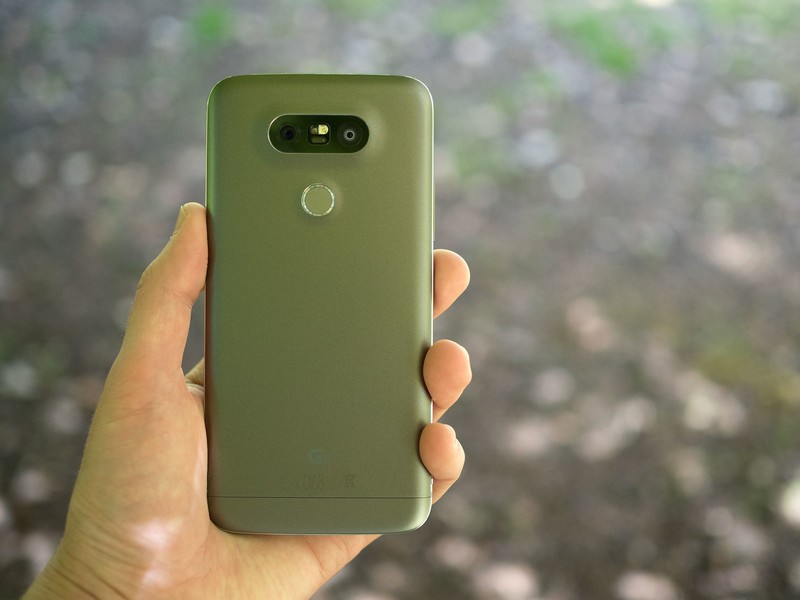
AptX HD is a Bluetooth audio codec that can transmit 24-bit/48kHz audio with a "gentle" compression ratio of 4:1 at 576kpbs.
Again with the numbers, but this time we can make more use of them. For starters, higher quality audio can be sent using aptX HD without increasing the latency or pausing the data stream. 24-bit 48kHz files are true HD files that people with expensive wired headphones appreciate, where you hear very little background noise and can hear each individual thing making sounds clearly. Phones like the LG V series can send higher quality audio through the 3.5mm headphone jack, but these numbers have almost reached the point of diminishing return once you get to 24-bit 48kHz.
aptX HD ups the ante and can transmit a true hi-res audio stream.
The difference between a 24-bit 48kHz audio stream over a wired connection and one over Bluetooth is the compression. aptX HD has a better compression algorithm than standard aptX (note the "gentle" 4:1 compression) but any compression introduces fuzz and hiss. You've heard this at play even if you didn't know it — rock guitarists use compression taken to the extreme in order to make their guitar sound more "chunky" and "fuzzy" and it works. The compression used in the aptX HD codec was specially developed to not make things sound chunky and fuzzy, but it still injects some noise.
A bigger bandwidth pipe means less compression is required, and that means better sound quality.
The final difference is the most important. Apt X transmits audio at 352kpbs and aptX HD transmits at 576kbps. The kbps stands for kilobits per second, and this is the same way we measure our internet connection speed. One Mbps (megabit per second) is equal to 1,000 kilobits per second. We all know that more bits per second with your internet connection is better, and that's true with Bluetooth audio as well. The higher bandwidth means more data can be streamed which means it doesn't need as much compression, or as we see with aptX HD, a looser compression algorithm can be used.
Note that this measurement is in bits (lower-case b) and not bytes (upper-case B as in kBps) and is talking about the data transmission rate and not the file sizes that can be sent.
After we cut through all the numbers and tech talk, aptX HD can send higher quality audio than standard aptX, without introducing any extra latency. That means it sounds even better and approaches the quality you can get over a wire.
Where to find aptX HD
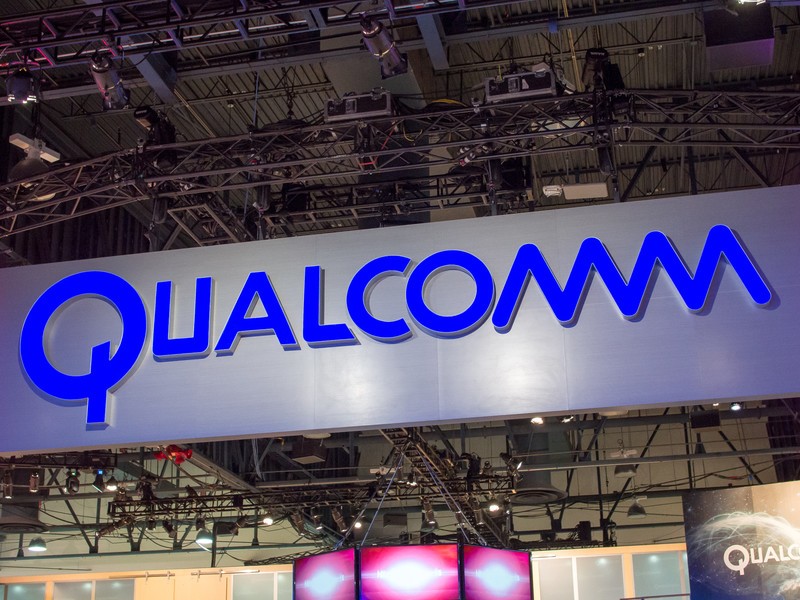
aptX HD isn't something that any equipment can deliver. It's something Qualcomm developed (as was the original aptX and all variants of it) and you need their hardware as well as their software. Their current high-end solution, the CSR8675 Bluetooth Audio SoC delivers aptX HD, Bluetooth 5, active noise cancellation over Bluetooth and Qualcomm TrueWireless stereo on a single chip. Like all hardware that supports aptX HD, it's 100% backward compatible with standard aptX, too.
LG first brought aptX HD to the smartphone world with the G5 and continues the trend with current models.
The first phone with aptX HD to be sold was the LG G5. LG has spearheaded the aptX HD movement and you'll also find the codec present in the LG V20, the LG G6, and the LG V30. Sony delivers aptX HD in the Xperia XZ1 and XZ1 compact, OnePlus has the feature in the OnePlus 3, 3T and 5, and a handful of lesser-known (in the smartphone space at least) companies like Sharp and Luna also make aptX HD capable Android phones.
On the listening end, you'll find aptX HD headphones from Sony, Audio Technica, and LG as well as other lesser-known brands. The list of aptX HD products will likely keep growing as the codec delivers better sounding audio without any extra work needed from the companies who use it.
As far as the sound versus wired audio, that's something each of us will have to evaluate on our own.

Jerry is an amateur woodworker and struggling shade tree mechanic. There's nothing he can't take apart, but many things he can't reassemble. You'll find him writing and speaking his loud opinion on Android Central and occasionally on Threads.
